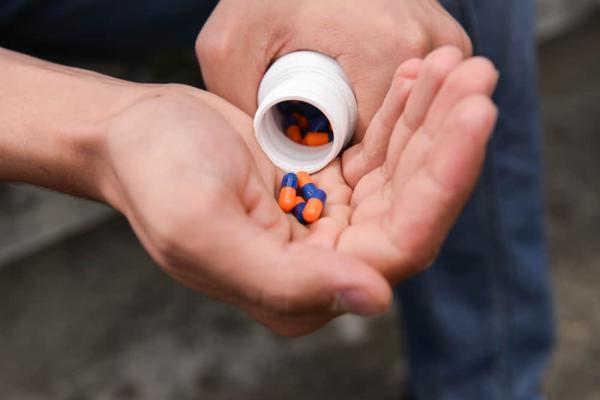
What do you think of when you hear the words "drug abuse?"
Most of us think of things like heroin, cocaine, meth, or marijuana. Actually, medicine or prescription drug abuse is far more common than we might think, and our kids need to be educated about this alarming practice.
Prescription drug abuse isn't new, but it's on a huge increase. It isn't limited to partying young people looking for a "high." People of all ages and income situations can find themselves unwittingly hooked on prescription drugs, especially pain killers. You may be surprised to know that among youthful experimenters, prescription drug abuse is second only to marijuana.
Here are some ideas for educating our children about this danger.
1. Keep medicine safe
Every household with children - or one where children visit - should have a safe place for prescription medications that is out of harm's way, and with the childproof caps in place.
Remember that the place most teenagers get prescription medications to abuse is their own home.
2. Teach
When you give a child medicine, it's the perfect time to explain that the drug is important to help them get well, but it can be dangerous if not taken at the right time and in the right amounts. When they observe adults in the family taking medicine, the same lesson can be taught.
One easy object lesson is to have a child momentarily look through a pair of someone else's eyeglasses. Tell him that although the glasses help their owner see better, for anyone else it makes his vision worse. Taking someone else's medication is a little bit like that - it won't make things better. In fact, it could make things extremely bad.
3. Inform
Help children know that certain medicines, especially pain killers, can be addictive. When used properly, they help the body heal. Help them understand that most people don't intend to become addicted and that it usually happens gradually. Just like with heroin or meth, people always assume they can stop at any time.
Depending on the maturity of the child, discuss with him that people sometimes abuse medicine because they are depressed or hurting. Make sure he knows that there are other appropriate ways to address these problems. If he found himself tempted to feel better by taking prescription drugs when he shouldn't, he can always find a listening ear with a parent.
4. Dispel rumor
Some kids mistakenly think that prescription drugs are somehow safer than street drugs. They see them as "cleaner," or they've seen a family member take them. But medicines can be extremely dangerous when taken improperly. Certain combinations will make a bad situation even worse. A scary scenario is a "skittles party," where kids ransack their medicine cabinets for drugs and then come together, pour the pills in a bowl, and take a random handful just to see what happens.
If your child needs pain killers for a short time, help him understand that he shouldn't "be a hero" and go without if he's in pain. The doctor has recommended medicine because a body in pain can't heal well. But everyone needs to be aware that these drugs should be used with extreme care. Keep in mind they should only be used as the doctor directs and be mindful about their possible addictiveness.
When you talk with your children about substance abuse of all kinds, from alcohol to tobacco to drugs, be sure to include prescription drugs in your teaching. Don't assume it's best not to mention medicine abuse for fear it may give them "ideas." Reach out to them with love and concern, and remember that knowledge about these things will help keep them safer.

